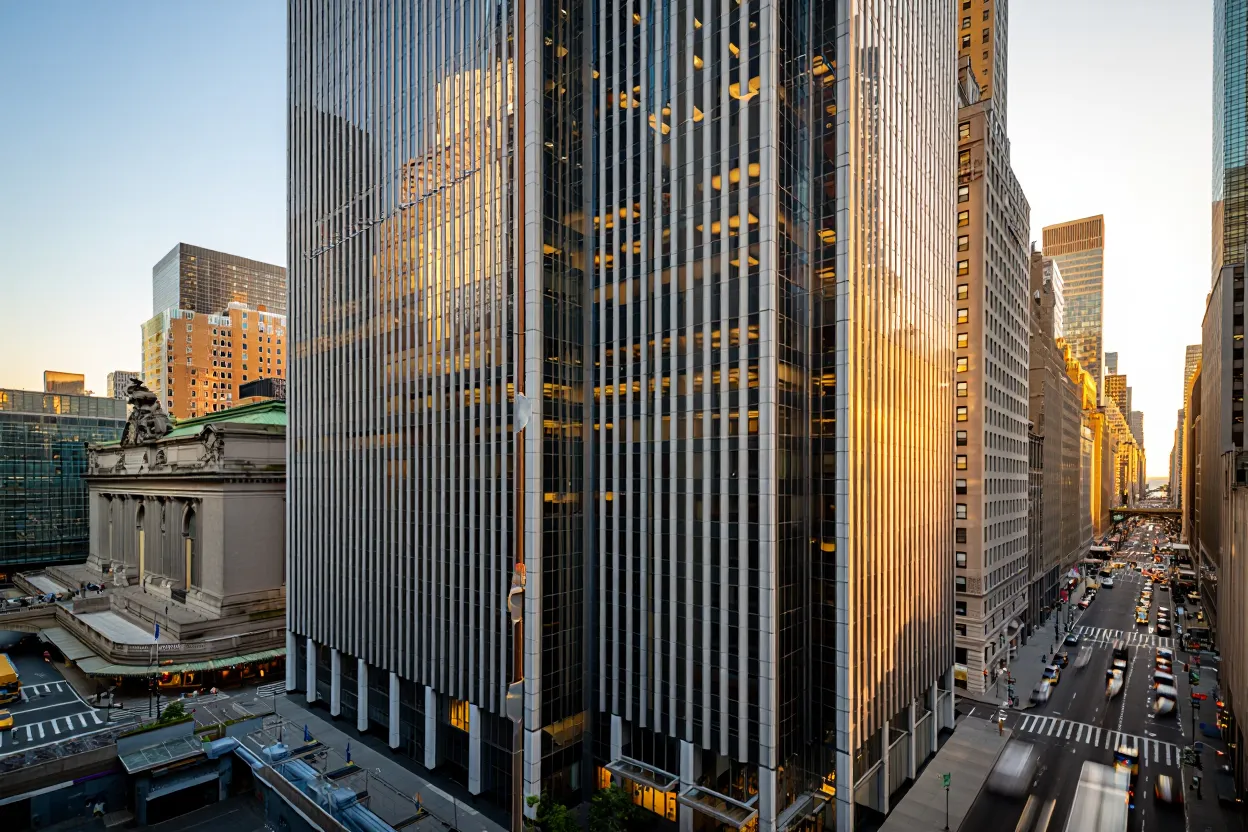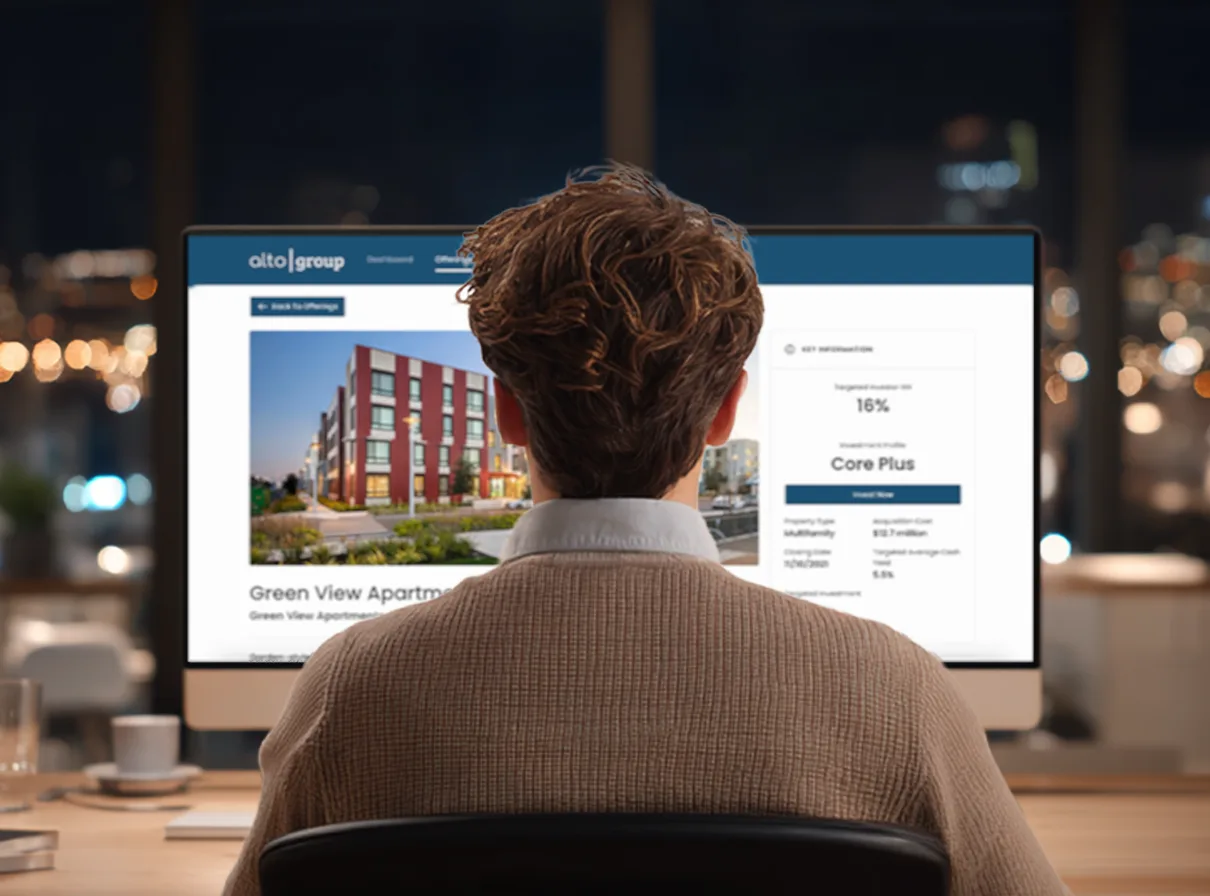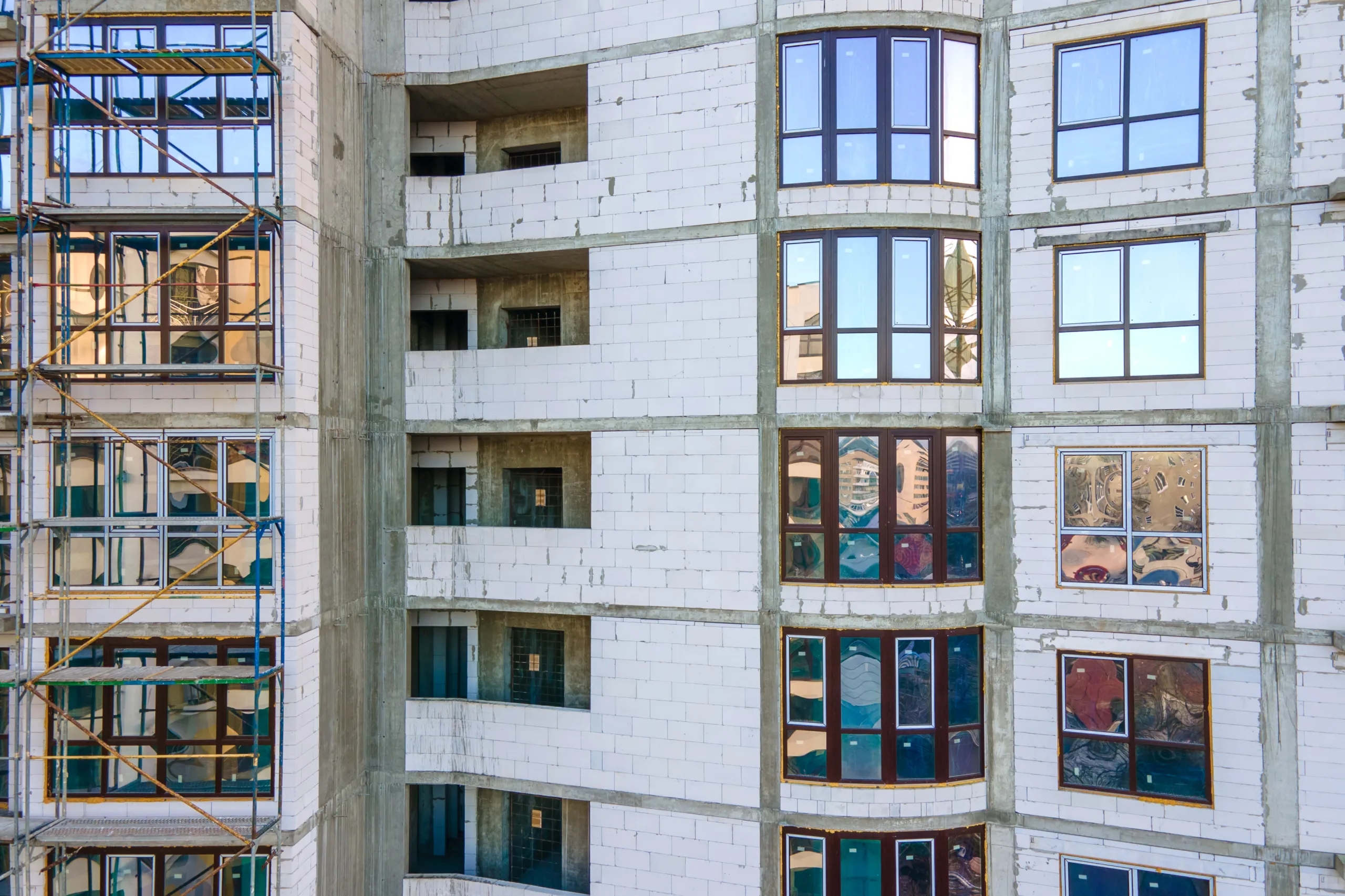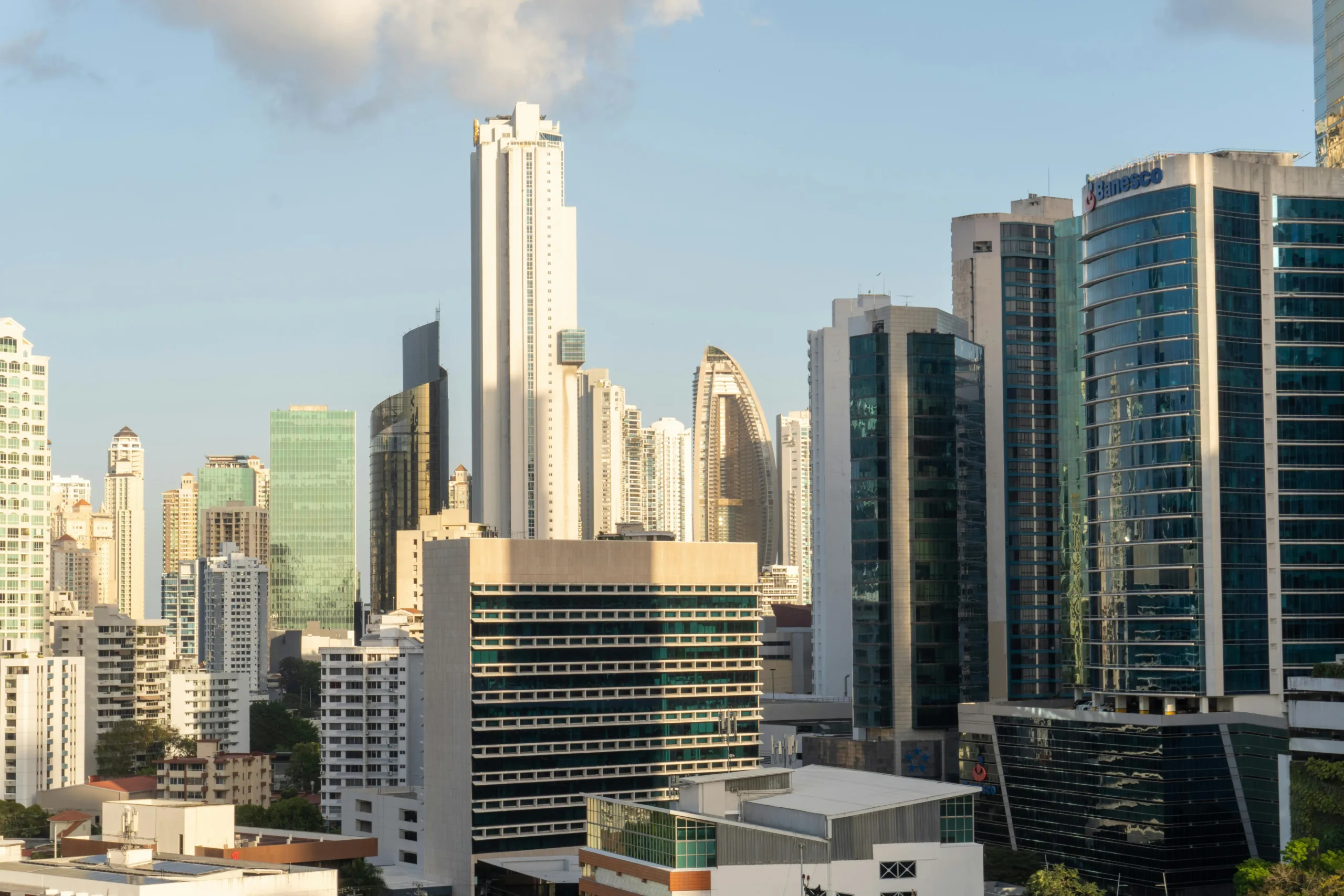- Direct retail availability in Manhattan’s top corridors dropped to a record low of 195 spaces, driven by new leases from first-time NYC tenants.
- Major Q2 leases included Old Navy (55K SF), Life Time (52K SF), and Trader Joe’s (30K SF renewal), signaling strong demand despite economic uncertainty.
- Rising build-out costs and US tariff concerns are raising long-term risks, even as average asking rents reached $608 PSF—a postpandemic peak.
A Tightening Market
New York City’s retail market continued its postpandemic rebound in Q2 2025, with prime retail availability shrinking to its lowest level in eight years, reports Bisnow. JLL recorded just 195 available spaces across nine key corridors—a new record low. CBRE also tracked a 2% drop in available ground-floor space across 16 corridors.
The leasing surge was fueled by new-to-market tenants. Retailers opening their first physical stores in Manhattan accounted for more than 123K SF of deals this quarter, or 18% of total volume.
Get Smarter about what matters in CRE
Stay ahead of trends in commercial real estate with CRE Daily – the free newsletter delivering everything you need to start your day in just 5-minutes
Who’s Moving In
New arrivals this quarter include:
- Gatcha: A claw game arcade taking 15K SF at 313 Fifth Ave.
- Antonio Marras: An Italian fashion label leasing space at 121 Wooster St.
- Motek: A Florida-based Mediterranean bistro opening at 928 Broadway.
These openings reflect both continued demand and the resilience of retail in Manhattan’s high-traffic areas, particularly among experiential and food-focused tenants.
Rents Rise, But Risks Loom
Average asking rents rose to $608 PSF in JLL’s tracked submarkets—a postpandemic peak and up 5.4% quarter-over-quarter. However, rents remain 41% below 2014 highs.
CBRE’s data, which includes lower-cost areas, showed asking rents up 2% from Q1 but still down 6% year-over-year. The narrowing gap between asking and taking rents—down 1.3%—shows landlords are adjusting expectations, though deals are taking longer to close.
Landlords continue to offer generous concessions, while tenants face steeper security deposit requirements amid ongoing economic uncertainty.
Tariffs And Caution
While leasing momentum is strong, caution is creeping in. With tariff negotiations ongoing and consumer sentiment slipping, CBRE flagged rising build-out costs and economic uncertainty as potential headwinds.
Though Manhattan’s retail corridors remain highly desirable, landlords and tenants alike are bracing for a more cautious back half of 2025.
Why It Matters
The squeeze in prime retail availability signals high demand. However, long-term risks from tariffs, inflation, and rising build-out costs could test NYC’s retail strength in the quarters ahead.

















